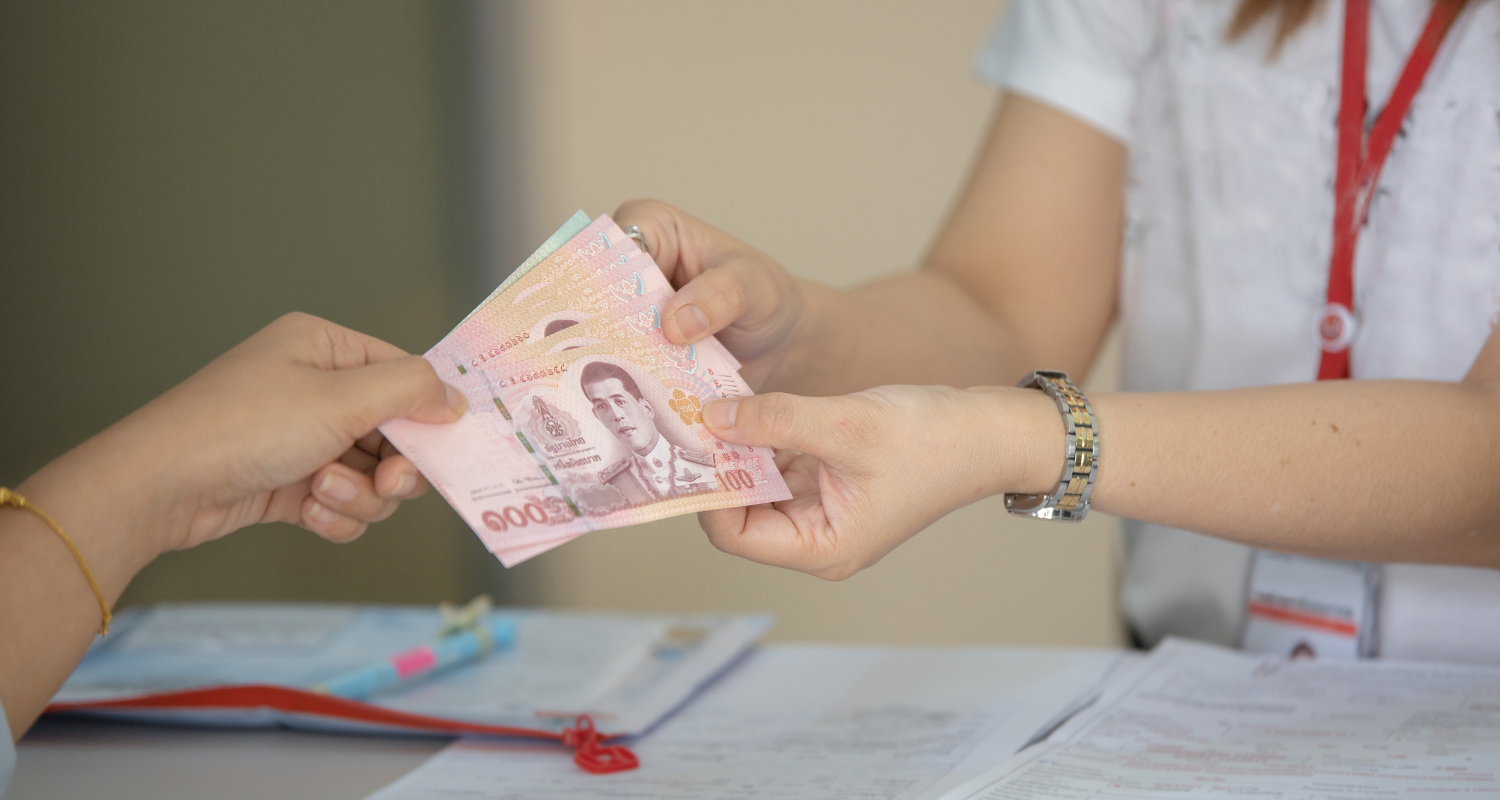
Is the Thai Baht Heading for a Deeper Fall in 2024?

The Thai Baht, which saw gains earlier this year, has dropped 7% since late September. Signs suggest further depreciation.
Trump’s Election Victory
Donald Trump’s likely election win, evident in September before the November 5 vote, triggered market concerns. Anticipated tariffs on exports from Thailand and other countries pushed investors toward safer currencies like the US dollar, boosting its value.
Bank of Thailand’s Actions
The Bank of Thailand intervened after the Baht appreciated significantly between July and September. Concerns arose over how a stronger Baht could hurt tourism and exports, especially as Thailand’s high season approached.
Volatile Commodities
Fluctuating gold and oil prices, driven by shifting global policies, economic forecasts, and Middle Eastern conflicts, added pressure on the Baht.
What Lies Ahead?
The Baht’s weakening against the US dollar seems likely to persist. The Asian Development Bank recently lowered Thailand’s 2024 growth projection due to reduced government spending and weaker exports.
Justin Grossbard from CompareForexBrokers highlights the broader implications. While US protectionist policies are strengthening the dollar across Asian and European currencies, the Baht might rise against the Euro, Australian Dollar, and Singapore Dollar. These dynamics could affect Thailand’s export and tourism sectors differently.
For example, the Australian Dollar has dropped 10% against the Baht in the last three months, presenting mixed economic impacts.
Managing Baht Depreciation
Two strategies may help those holding Thai Baht:
- Switch to USD: Services like Wise.com offer low-fee USD wallets to exchange and hold funds.
- Invest in Commodities: Gold, traded in US dollars, could be an option. However, its price has recently declined, presenting risks.
Search
Categories
Latest Post


Thai Property Developers Call for Government Action as Foreign Investments Rise

Bolt’s Impact on Urban Mobility and Economic Growth in Thailand

